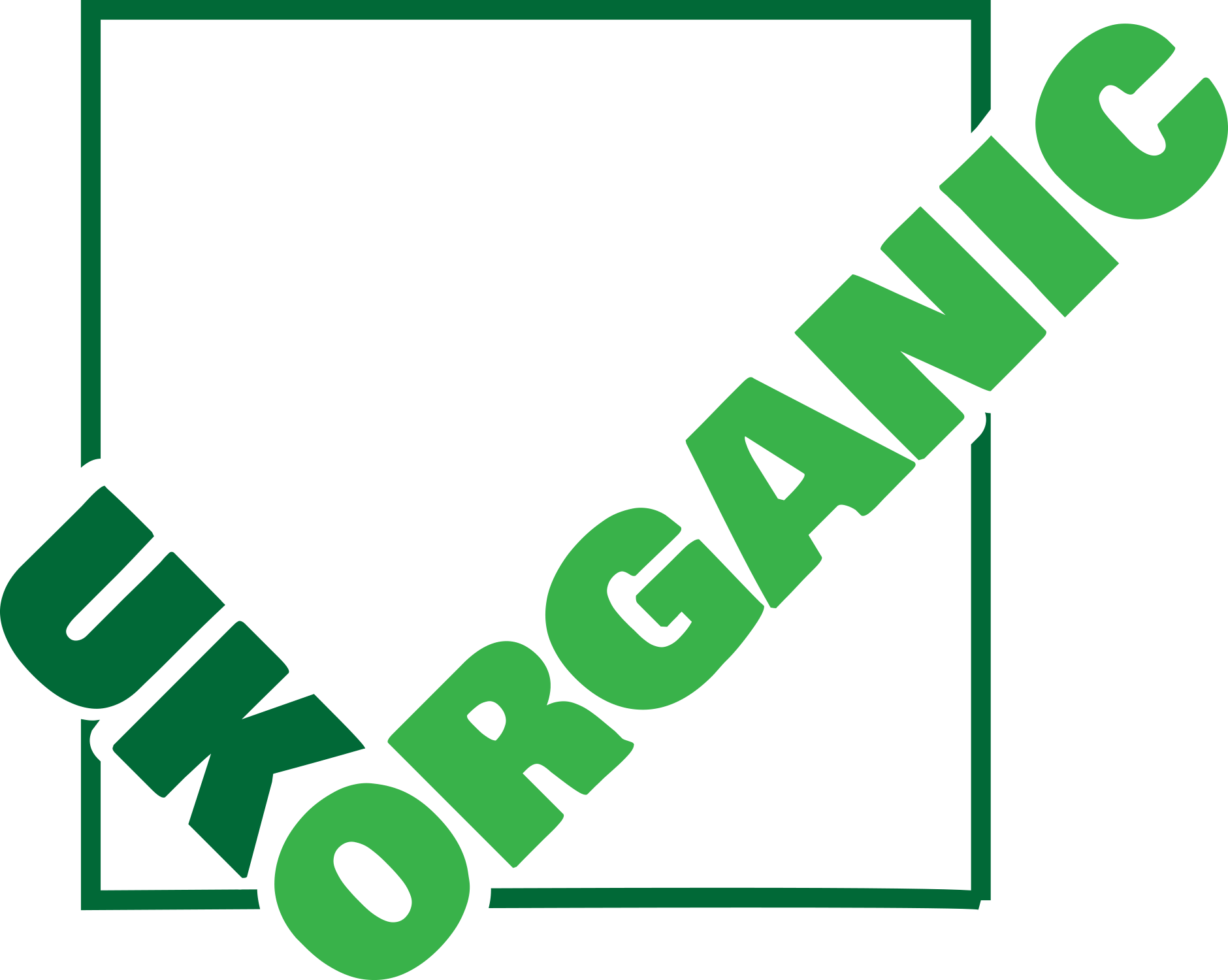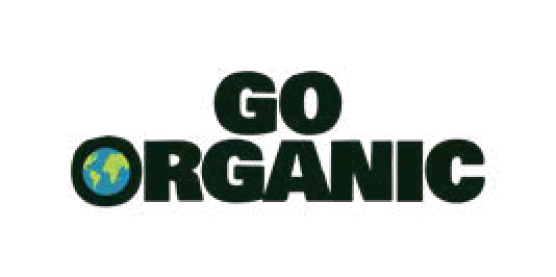Pesticide Action Network (PAN UK) has carried out an in-depth survey on the top British Supermarkets against 8 criteria aimed to assess their pesticide management of pesticides within their supply chain.
Based on their findings they have concluded that “UK supermarkets are not doing enough to protect human health, wildlife or the environment from pesticides. Highly toxic pesticides continue to be used with the supply chains of all the UK’s largest ten supermarkets.”
The organisation states that since publishing their previous report in 2019 they have been working with multiple retailers on how to reduce pesticides.
In their assessment they have M&S and Waitrose in joint first place in the ranking but as they still consider that all supermarkets could be doing more to tackle pesticides, they have left the top position unclaimed.

The researchers have found that some supermarkets have much room for improvement whilst others are making progress.
All points awarded are for measures the retailers are taking that go above and beyond legal compliance.
The Pesticide Scorecard also reveals that the UK supermarket sector is making more progress in some areas compared to others.
Continued use and sale of bee-toxic neonicotinoids within the global supply chains of all of the top 10 UK supermarkets as well as pesticides which are a health risk to farmers and agricultural workers. So overall the sector scored poorly on these.

Spotlight on organic
Organic certified produce has to meet a high certification standards in terms of being grown without the use of pesticides. For this reason organic offers the opportunity to support producers who do not use pesticides.
Some of the supermarkets have more organic lines compared to others.
The report states “Given the huge benefits that organic agriculture brings, not just for environment but also for human health, animal welfare and a whole host of other issues, supermarkets should be doing more to increase sales of organic. Measures such as offering deals and discounts and expanding the range of organic food on offer, which is often quite limited, could help grow organic sales for supermarkets. This could make a significant contribution to reducing pesticide use in supermarkets’ overall supply chains.”
You can read the organic section of the report here.
You can find out more about organic and pesticides here.



